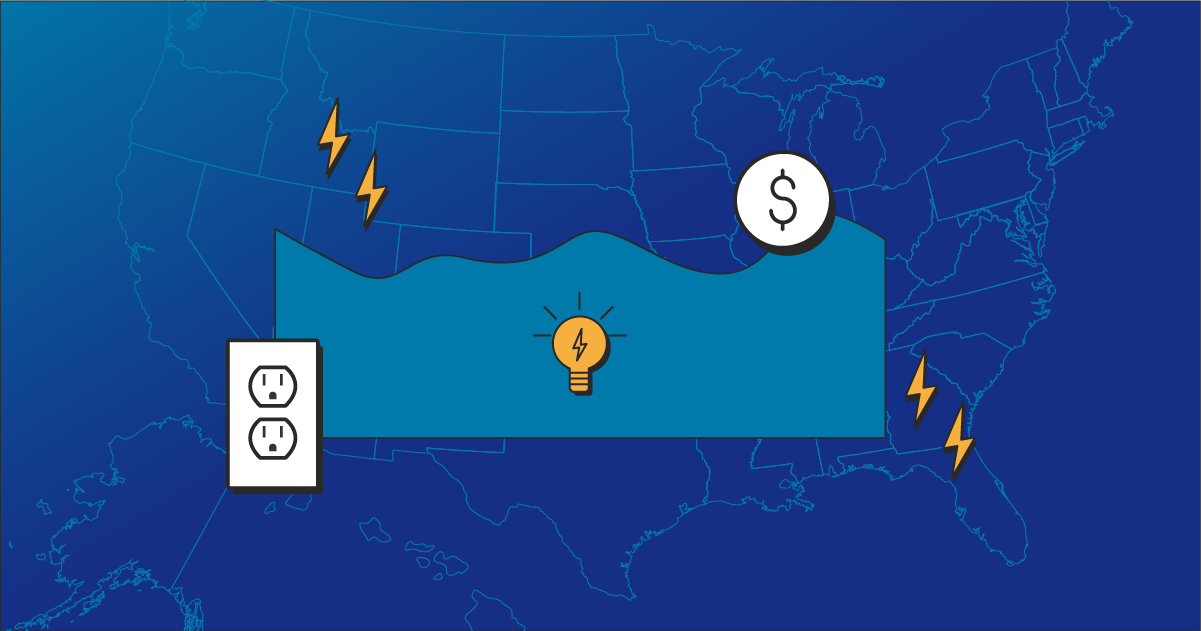Edited for correct conversion from KW to MW - thanks no less to High Voltage of course! LOL!
Can't believe that I mucked that up that bad!
I asked y'all to check my numbers, so ...
Edit Again 11/7/23:
Got feedback that the KVA consumption for the charger is actually 153 KVA with the correction for 3 phase input that I did get confirmation on.
So the values below would need adjusted up 75%.
By the numbers:
Volvo truck lists their EV class 8 trucks @ 575 kwh batt capacity, and 275 mile range.
It is 270 miles from Los Angeles to Las Vegas.
This would be one of the most popular target routes for a class 8 electric truck at this time that I am aware of.
Let's use $.13/kwh as a commercial "off peak demand" rate for recharging in Vegas.
And we can use $.20 for off peak charging in LA.
335Kwh of grid power consumed to recharge (see PDF link clear at the bottom of post) @ $.13/kwh = $43.50 to recharge truck.
Or $67 in LA.
If diesel powered and @ 6mpg @ $4/gal - that would be $180 in fuel - as a comparison.
*(edited in later) Make note that the diesel fuel would have $20-$25 of road tax included that is not shown on the electric truck consumables cost, that should be added.
50 trucks (let's use the higher of the two volumes that this fella spewed) @ 335kw = 17,000 kw = 17MW.
This is 30% of the 56MW that the guy in the vid said. Also, this is for a 4 hr/truck re-charge. The demand on the grid would be 1/3 if they put it on a 12 hr charge.
Also, if the trucks had bigger batts in them then that would increase range and recharge demand.
This is based off of the standard 575KWH batt that Volvo is marketing.
Las Vegas seems to have a peak load of approximately 5000 Mw on summer load.
An added 17Mw load it'self onto a currently 5000Mw draw would be barely noticeable.
But of course this is only for 50 trucks, and for LV. Put those 50 trucks in a small town, then yes, it will be a bigger pc of the pie for sure!
The key for sure is to not charge everybody at the same time....
This last summer I read in Motor Trend the test results of various EV vehicles, and I tried to compare as best that I could to what the gasoline version of the same vehicle would be. And (of course depending on your local Kwh rate) but it seemed that the cost/mile driven in perishables only - seemed to be about 1/2 of the gasoline counterpart. But again, that could change quickly depending on if I am missing something in the AC/KVA to DC KWH conversion somehow?
Now - I am not saying that if every truck coming through that route was electric that it would not be a noticeable increased load, but we are talking about 30-50 trucks here.
A Mw = one million watts
A Kw = one thousand watts
A Kwh = one thousand watt usage for an hours time.
Links of referance:
The future is now.100% electric. 0% emissions when charged with renewable energy. Manufactured in Dublin, Virginia.
www.volvotrucks.us
The link below suggests more, but other links that I have found would suggest it a little lower, depending on what % LV's power draw is of S Nevada as a whole.
So I am using a smaller number.
Which uses more electrical power: All of the hotels and attractions on the Las Vegas strip, or all of the hotels and attractions within Walt Disney World in Florida?

ask.metafilter.com
The price of residential electricity is $.18/kwh.
Not sure if Vegas would receive much 3rd shift break on hydro rates or not?
How much does electricity cost in Las Vegas, NV? Learn what average electric rates and electric bills looks like in Las Vegas, NV.

www.energysage.com
How much does electricity cost in Los Angeles, CA? Learn what average electric rates and electric bills looks like in Los Angeles, CA.

www.energysage.com
Get a quick answer: It's 270 miles or 435 km from Los Angeles to Las Vegas, which takes about 4 hours, 2 minutes to drive.

www.trippy.com
I have a hard time believing these numbers, and would ask that someone that understands this stuff a little more to look them over, and to please explain how a unit with a reported efficiency rating of 95% consumes 88.32 kw (184A x 480VAC) and produces 150kw output? the answer must be in the 3 phase input? If we doubled the 88.32, we would then be at 85% efficiency as far as I would understand. ??? Or possibly somehow AC power not rated equal to DC power? IDK. Either way, per the spec sheet, it would take prox 340 kwh AC to recharge a 575 kwh DC battery.
.

 news.yahoo.com
news.yahoo.com












